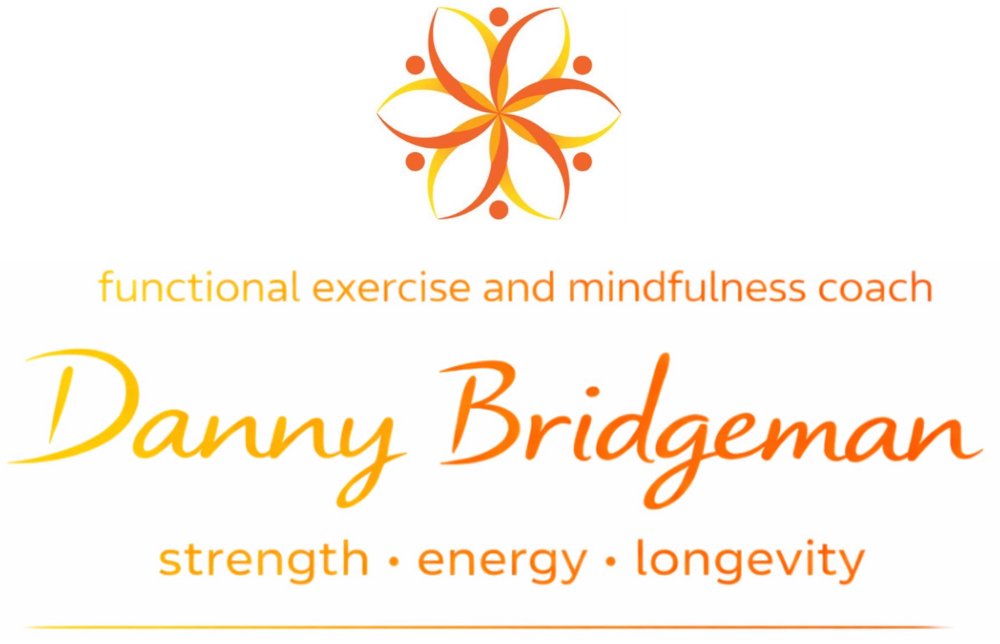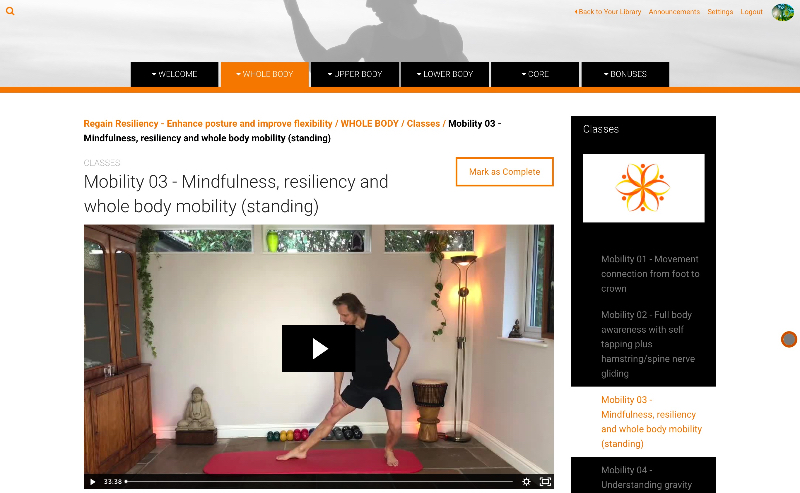Sharpening the senses - Smell, presence and health

This week’s cluster is about how your health and wellbeing can be affected by smell… a sense that gives you:
13,000 opportunities to be present (everyday)!
With millions of epithelial cells in the nose, humans can distinguish between tens of thousands of different smells. With each complete breath cycle taking around 5 seconds, you get over 20,000 breaths per day, which in waking hours equates to about 13,000 opportunities to smell!
A clear example of preference over presence
Unless you have an olfactory deficiency, smelling is a continuous process that never switches off. If you grew up on a farm then farm yard smells could remind you of home and be a welcome and enjoyable experience.
If someone from the city drives out to the countryside and opens the car window then they might wretch at the same outdoor aroma! So, smelling is a great example of human differences and preferences.
Our smell also has an intricate tie in to taste
The full flavour experience and enjoyment of food goes beyond the taste buds on your tongue. Those receptors in your nose get stimulated by volatile molecules from chewing and swallowing. You can tell this when you have a head cold and really can’t taste much at all.
And, like taste, smell is also related to the early stages of digestion in that it can stimulate stomach juices, enzymes and hormones such as insulin (the cephalic phase of digestion).
But, like our other senses, the modern world can influence smell… not only can you lose your connection to nature, but your health could be affected too.
A step back in time
It wasn’t that long ago that smell was an early detection warning… a sense organ to help us decipher if foods were edible, medicinal or poisonous and with millions of smell receptors our ancestors used this sense far more than we do.
But with a mass influx of fake scents such as perfumes, deodorants, food additives and car smellies, our true ability to smell has been manipulated. (Why do department stores have the perfumes, aftershaves and soaps at the entrance. I need gas mask just to get in)!
Synthetic verses natural smells
Forest bathing (walks deep in nature) works because you are absorbing the environment of nature (through sounds, sights, smells, breath and touch). This immediately calms the nervous system and supports mental wellbeing. We can take a little of this back home with us from the world of essential oils. There have been multiple studies demonstrating a host of health benefits attained from the use of aromatherapy essential oils which are not just reserved for a nice massage but can be used in place of chemical versions of many household and personal care products.
Here’s what I use:
- For deodorant, I use a mix of about 50:50 coconut oil and bicarbonate of soda (this is also a great, toxin free toothpaste)!
- For body-wash/shampoo, I use a locally made bar of soap that doesn’t have synthetic ingredients or scents. Before that, there was a ten year period (including when I had long hair) that my shampoo was a teaspoon of bicarbonate of soda mixed in warm water (I only needed to this about once a week). For Ph balance, sometimes I would follow that with a rinse of diluted apple cider vinegar.
- For clothes washing, we mix 1/4 cup of bicarbonate of soda with 1/2 cup vinegar and 2 cups water. This gets swilled around with some essential oils then tossed in with the clothes.
- And, most cleaning can be done with a 50:50 mix of distilled vintage and water (perhaps with 10/20 drops of an essential oil such as lavender, lemon, tea tree, peppermint). Just add to a spray bottle, shake and clean your surfaces naturally!
The flip side
Synthetic smells-created from artificial fragrances and chemicals have been linked to a range of health issues, including:
- Respiratory problems (e.g. asthma and sinus trouble)
- Allergic reactions (including skin irritation and headaches/migraines)
- Endocrine disruption (which messes with hormonal balance)
- Neurological effects (such as brain fog, dizziness, focus and mood).
What gets absorbed
We don’t just absorb things into our body via the digestive system, we take in some of what goes on our skin and of course via the lungs, with scents in the air. So when you smell synthetic chemicals, a small amount of that gets in your body and can interfere with your health.
Soap, shampoo, conditioner, candles, car smellies, deodorants, cleaning products, perfume, after shave, moisturisers, kids toys such as ‘slime’ (who doesn’t remember the smell of play-dough) and perhaps the biggest of all - laundry detergents. You can even buy trash bags, toilet paper and paper towels with fragrance these days…
unless the smell is from nature, just walk away from all of these!
Summary
This week and in the coming months, I would encourage you to replace anything that has a synthetic smell with natural versions. Why not take a walk through your kitchen and bathroom right now and see how many products have fake scents?
My advice is to finish these up, then find more natural alternatives. This can help reduce inflammation in your body, boost your health, while better supporting your local environment (I haven’t bought a tin of deodorant or a plastic bottle of shampoo maybe 20 years)!
And it shouldn’t take too long to restore your true smell, just ditch the chemicals, buy natural versions and look up recipes for homemade shampoos, soaps, deodorant, cleaning products, etc.
Thanks for reading
Take care
Danny
To access all Dojiva classes, start the 10 day trial - click here
Onto this week’s recommend Dojiva classes:
Sunday 18th May 2025 - Pranayama 02 - The 1 minute breath. Please join in with this breath meditation. It involves a three part breath: inhale for between 5 and 20 seconds, hold the breath for between 5 and 20 seconds, then exhale for between 5 and 20 seconds…repeat. This pranayama requires a lot of diaphragm strength but that’s exactly what you will build with a regular practice.
Monday 19th - Mini fitness 84 - This class does not follow our usual pattern of interval bursts. Instead we have four longer rounds of running in place with other exercises as spacers between the running. This means, for about 17 minutes there’s little to no rest. It’s a class to challenge, test and improve your stamina! If your legs are new to running in place, for this first play, hold back on the intensity.
Tuesday 20th - Mobility 121 - The first half of this class is on the mat where we free up the body from many angles. We then stand to get a little more functional and dynamic!
Wednesday 21st - Meditation 92
Thursday 22nd - Workout 112 - This 45 minute class works with a pair of looped bands, dumb-bells or a combination. We have eight sets of strength training.
Friday 23rd - Mobility 121 - Please repeat Tuesday’s class.
Saturday 24th - Mini fitness 16 - Time for some fresh air with an interval class designed to get you to outdoors. If you find others looking at you a little strange, then have them join in!




